Cognitive and Behavioral Science
- Degree Type Bachelor of ArtsBachelor of Science
- Department Cognitive and Behavioral Science
- Academic Division The College
- Offerings Major


Our field lies at an intersection of sciences. Courses and research labs investigate all of the interacting functions — cognitive, affective, behavioral, physiological, social, developmental — that drive and define the human experience.
Cognitive and Behavioral Science
Many students are drawn to the Cognitive and Behavioral Science (CBSC) major because of its multidisciplinary foundations, rich linkages to other sciences, and applications within diverse career paths. Our department has strong connections with the interdisciplinary Neuroscience Program on campus; CBSC and neuroscience majors work side by side in CBSC Department labs.
Our curriculum emphasizes research training because it provides students with durable skills that benefit any future professional path: critical thinking, teamwork, quantitative skills, data management and analysis, and problem solving.
Personalized Education
The W&L CBSC curriculum encourages individualization of the major:
- Join a faculty member’s research team. The team experience provides a close-knit academic home on campus and allows you to spread your wings in a professional research context. Some lab members, especially those who are selected as W&L Summer Research Scholars, become credentialed in research by presenting the lab’s findings at a professional conference and/or earning authorship on a published article.
- Choose an advanced methods course that fits your interests. Design a study or intervention, test participants, analyze data, and create work that could be presented at a conference or submitted for publication.
- Explore applications of psychological science through Community-Based Learning (CBL) courses. For instance, tailor-made internship placements allow students to explore diverse career paths and professional settings (e.g., Blue Ridge Court Services, Woods Creek Montessori School, Western State Hospital, Rockbridge Area Health Center, Thomas Jefferson Coalition for the Homeless). In a CBL Spring Term course, W&L students collaborated with members of the Eagle’s Nest Clubhouse, a local psychiatric rehabilitation center, to create a mural on their campus.
News
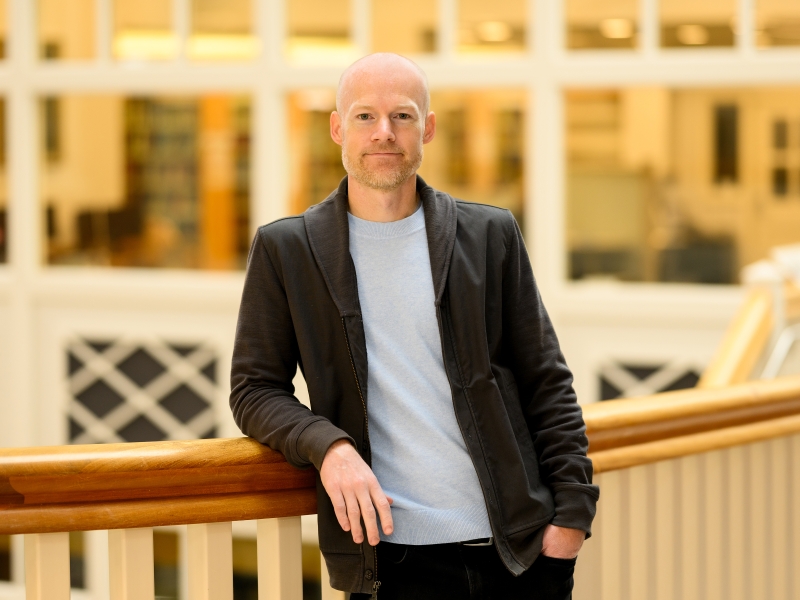
The collaborative grant will be used to build a transformative educational assessment of creative thinking for STEM education and research.
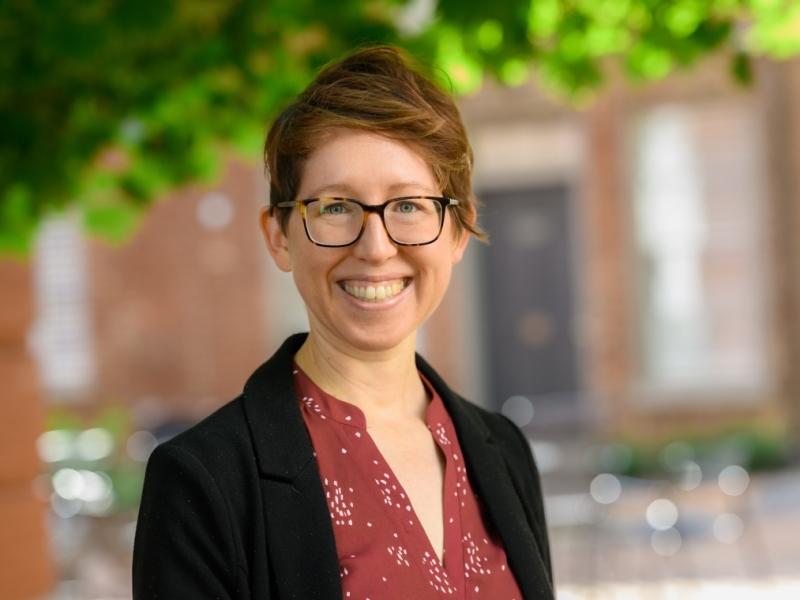
Assistant professor Michelle Cowan and students Victoria Bliley ‘26 and Zachary Puckett ’26 had their summer research cited in the July edition of spectra.
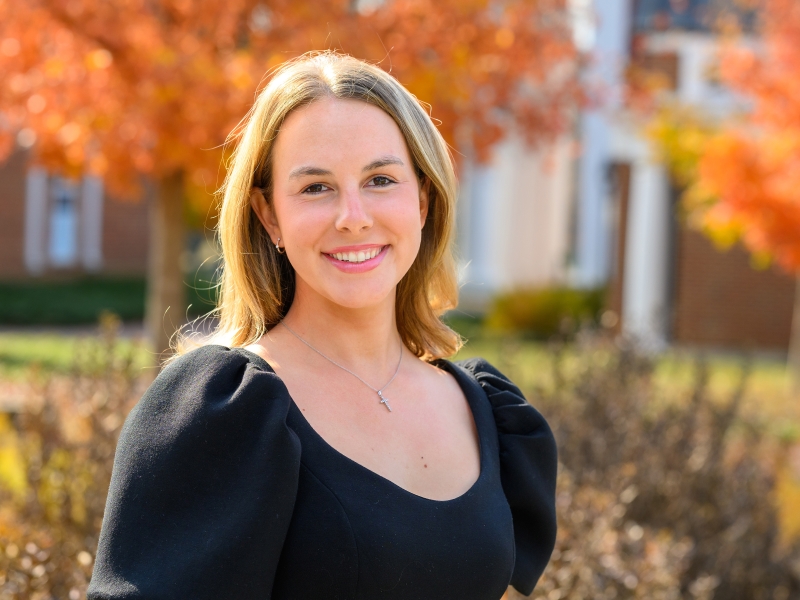
Roberts is pursuing her doctorate in educational psychology through the LIME program at Southern Methodist University in Dallas.
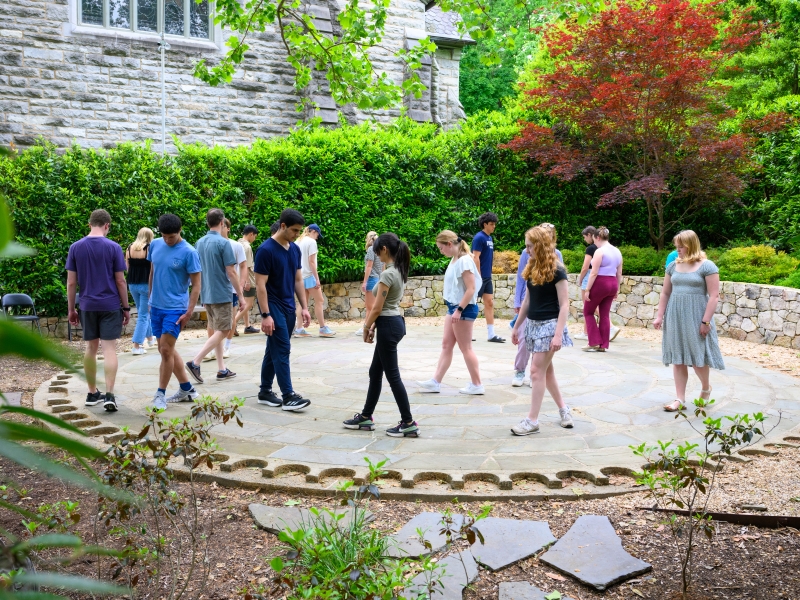
The Exploring Happiness Spring Term Abroad class examined how happiness is defined, valued and pursued within different cultural contexts.
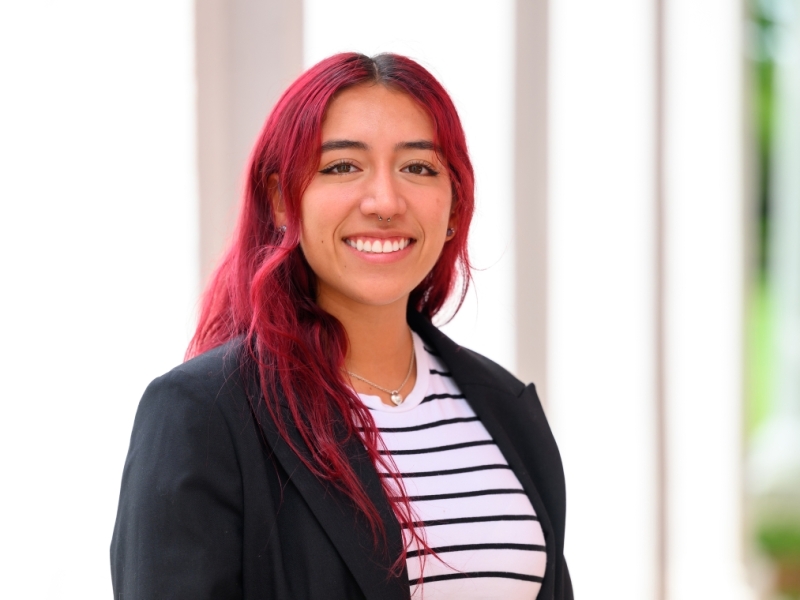
Christianson will be working as a research coordinator studying autism in infants and young children.
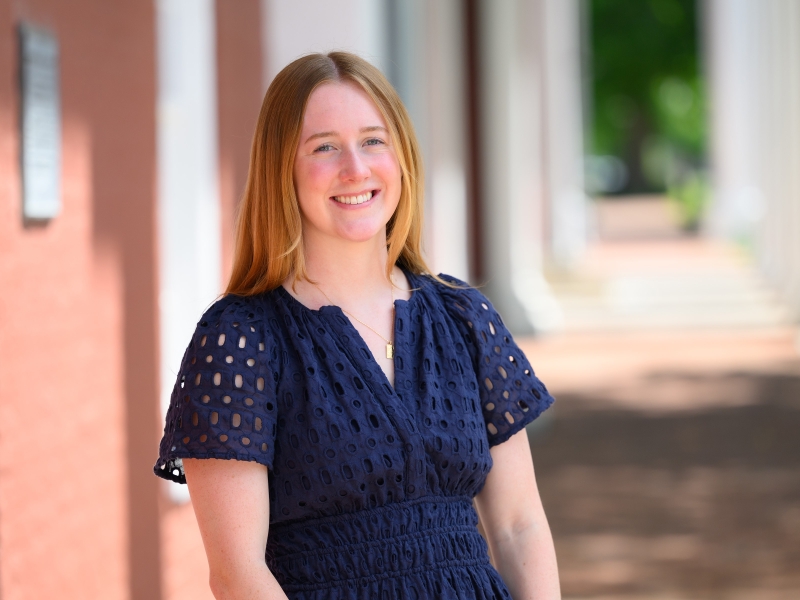
Deyerle will teach English to French public school students before pursuing a career in special education.

Roberts will pursue her doctorate at Southern Methodist University through the selective leadership program.
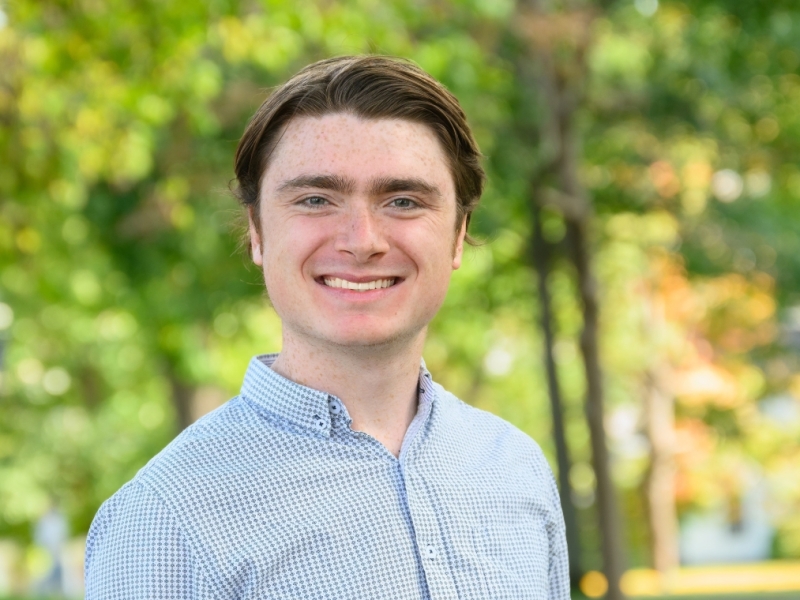
Cole Gershkovich ’24 found his purpose studying spaces that foster belonging and empowerment among individuals with mental health challenges.
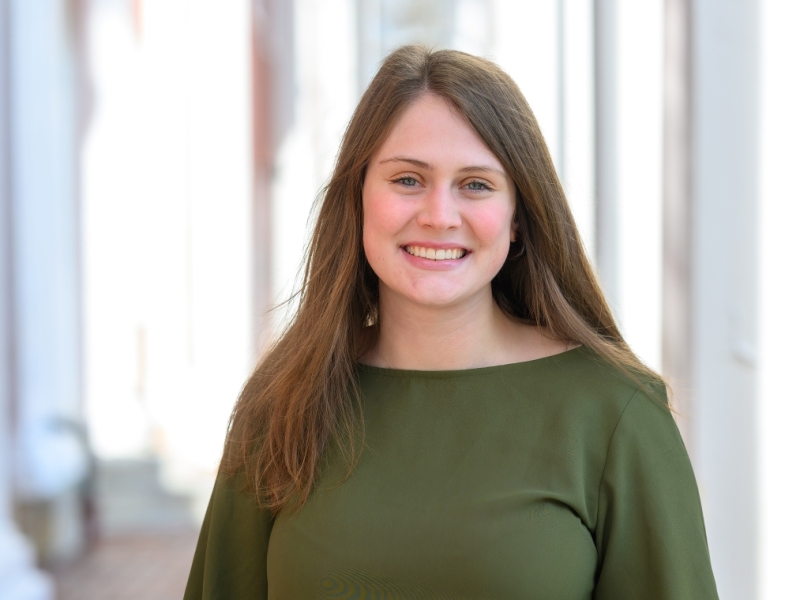
Mayer will teach English in Austria before pursuing a master’s degree in international relations.
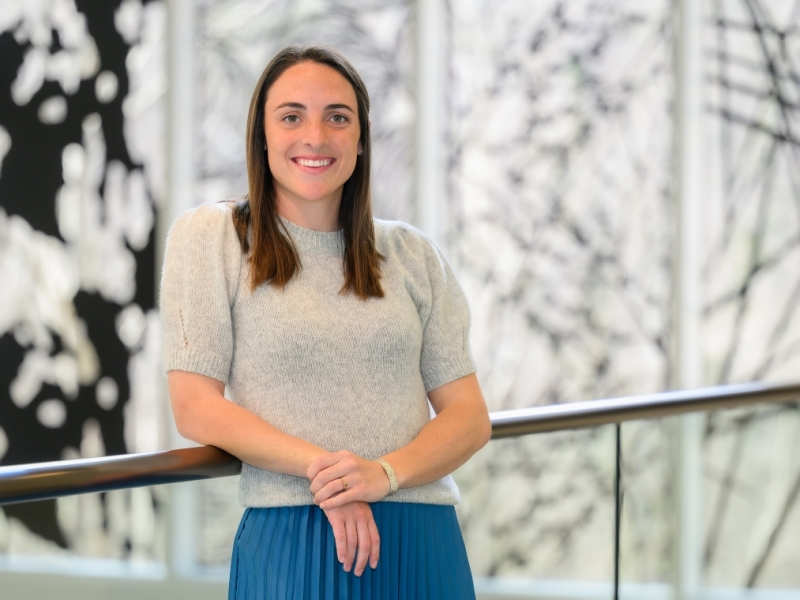
McKnight is proud to be graduating 101 years after her great-grandfather, who started their family’s legacy at ÁùºÏÌü¿ª½±ÏÖ³¡.
![]()
These faculty have been recognized for their outstanding teaching, scholarship and service to the university.
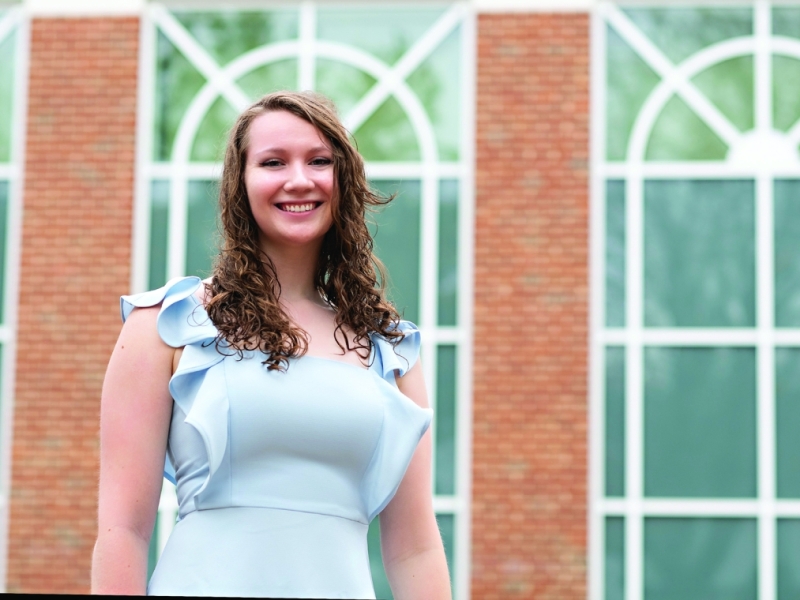
Lynch’s soprano recital will be held on April 6 at 8 p.m.
Sample Courses
At ÁùºÏÌü¿ª½±ÏÖ³¡, we believe education and experience go hand-in-hand. You’ll be encouraged to dive in, explore and discover connections that will broaden your perspective.
CBSC 250
Statistics & Research Design
Students learn the basics of collecting, interpreting and presenting data in the behavioral sciences. Data from a variety of sources, such as questionnaires, psychological tests and behavioral observations, are considered. Students learn to use and to evaluate critically statistical and graphical summaries of data. They also study techniques of searching the literature and of producing written reports in technical format. Individual projects include oral presentations, creating technical graphics and publishing on the internet.
CBSC 259
Cognition & Emotion
This course challenges the notion that cognition and emotion are fundamentally opposing psychological systems and explores how they function together to influence attention, memory, thinking and behavior in our social world. Coverage includes contemporary theory, research, experimental design, and application on topics regarding both healthy individuals and those with psychological disorders.
CBSC 150
Drugs & Behavior
An introduction to broad psychological perspectives of drug use, misuse and abuse. The pharmacological and physiological actions of psychoactive drugs, as well as personality and social variables that influence their use, are considered. Emphasis is given to historically significant and currently popular drugs of abuse.
CBSC 296
The Marijuana Question
This course explores how the basic and clinical pharmacology of cannabis and cannabis products interconnects with policy and practice in the realms of public health, legislation and law enforcement; how these interconnections have informed shifting public attitudes toward the use of cannabis in medical and recreational contexts; and how incomplete understanding of cannabis effects in key knowledge domains demands coordinated initiatives in basic, clinical and public health research to foster formulation of coherent and effective public policy going forward.
CBSC 295
Sleep, Health & Society
Current Advances in Psychological Science: Sleep, Health and Society addresses an underappreciated health emergency. Sleep (or the lack thereof) is increasingly becoming recognized as a major health concern at the societal level, leading to poor physical and mental health. This course examines the basic functions of sleep and how deficiencies in sleep lead to poor health at the population level. Students participate in discussion groups, perform a self-study of sleep, and design a sleep improvement campaign.
Meet the Faculty
At ÁùºÏÌü¿ª½±ÏÖ³¡, students enjoy small classes and close relationships with professors who educate and nurture.


Julie Woodzicka
Professor of Cognitive and Behavioral Science and Department Head
Woodzicka’s courses include Stereotyping, Prejudice, and Discrimination, Social Psychology, Psychology of Humor, and Research Design and Analysis. She studies the effects of disparagement humor (specifically sexist and racist humor) and subtle strategies to confront discrimination.


Nydia Ayala
Assistant Professor of Cognitive and Behavioral Science
- P: 540-458-8839
- E: nayala@wlu.edu
Dr. Ayala’s courses include Cognitive Psychology, Memory in Everyday Life, and Psychology & Law. Informed by theories of recognition memory and decision making, her research aims to improve the utility of police identification procedures. She is presently interested in legal decision makers’ assessments of the reliability of eyewitness evidence.


Ryan Brindle
Associate Professor of Cognitive and Behavioral Science
- P: 540-458-8835
- E: rbrindle@wlu.edu
Brindle teaches courses related to brain and behavior, statistics, and the impact of mental stress and sleep. His lab researches the connections between mental stress, sleep, and health to improve clinical interventions.


Megan Fulcher
Professor of Cognitive and Behavioral Science
- P: 540-458-8107
- E: fulcherm@wlu.edu
Dr. Fulcher teaches courses on child development, the development of gender roles, and socioemotional development. Her research focuses on children’s gender role development, toy play and their visions of their future selves.


Jacob Gibson
Visiting Assistant Professor of Cognitive and Behavioral Science
- P: 540-458-8836
- E: jgibson@wlu.edu
Gibson teaches courses on social and developmental psychology. His research interests are stereotypes, politics, religion and the accuracy of social perceptions.


Dan Johnson
David G. Elmes Term Professor of Cognitive and Behavioral Science
Johnson’s courses include Psychology Mythbusters and Introduction to Data Science: Mind Analytics. His lab uses computational models and empirical data to investigate the mechanisms underlying creativity processes like the generation of novel ideas. In the Computational Cognition and Creativity Lab, he and students use computational models and empirical data to investigate the mechanisms underlying creativity processes like the generation and selection of novel ideas.


Nikki Lee
Assistant Professor of Cognitive and Behavioral Science
- P: 540-458-8874
- E: nlee@wlu.edu
Dr. Lee's courses include Brain and Behavior, Hormones and Social Behavior. Her Social Behavior Lab investigates the neural and hormonal mechanisms underlying social behavior in non-human animals, in the lab and field, with a particular interest in the evolution of social behavior.


Heather Macalister
Visiting Assistant Professor of Cognitive and Behavioral Science
Dr. Macalister’s courses include Principles of Development, Health Psychology, and Psychology of Women. Her research interests include gender in children’s food choice.


Karla Murdock
Jo M. and James M. Ballengee Professor of Cognitive and Behavioral Science
- P: 540-458-8248
- E: murdockk@wlu.edu
Among Murdock’s courses are Introduction to Clinical Psychology and Developmental Psychopathology. Her research program examines associations between technology use and indicators of health, well-being and cognitive performance.


Holly Shablack
Assistant Professor of Cognitive and Behavioral Science
Shablack’s courses include Heath Psychology, Introduction to Data Science: Trends over time, and Emotions, Language, and Culture. Her research examines how our language and various socio-cultural factors influence our attitudes, emotions, physical and mental health, and behavior.


Bob Stewart
Professor of Cognitive and Behavioral Science
- P: 540-458-8837
- E: stewartb@wlu.edu
Stewart’s courses include Psychoactive Drugs and Behavior and Neuropharmacology. He has researched salty, sweet and bitter taste development as well as the development and plasticity of taste axon termination patterns.


Wythe Whiting
Professor of Cognitive and Behavioral Science
- P: 540-458-8210
- E: whitingw@wlu.edu
Whiting teaches courses in cognition, evolutionary psychology and attention. His lab has been researching how increasing neural noise affects declining cognition in older adults as well as how smart phones affect sleep/attention.











